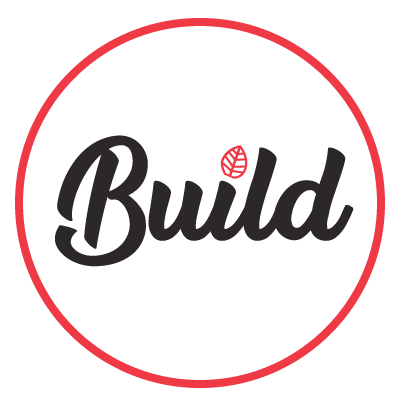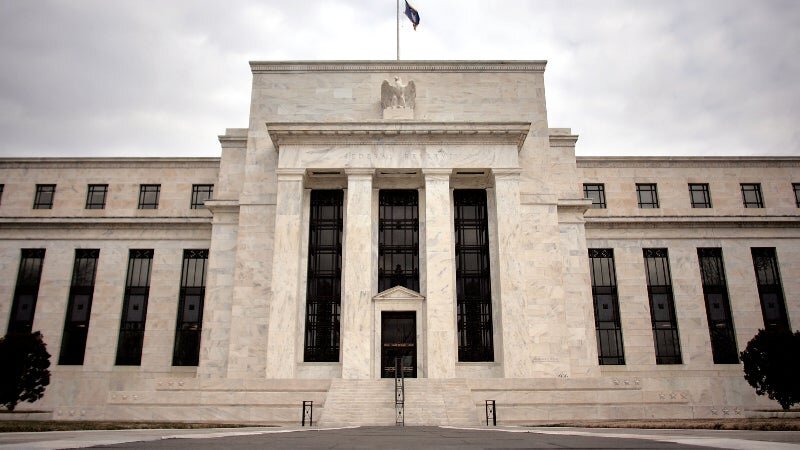Fed Up?
I’ve been reading about the Federal Reserve. It just spent $6 trillion dollars to rescue capitalism from the pandemic. It’s a main character in the story of this crisis, but it’s not easy to understand. I’m starting to get some basics down from a socialist perspective. But it’s hard.
I started Nathan Tankus’s three-part series on the Fed’s coronavirus response, but I realized I need more background to really understand what he’s talking about. I even started David Dayen’s wrap-up at American Prospect and got tripped up.
And maybe that’s important to talk about for a second. This stuff is hard. Capitalism is really complicated. It’s not just as easy as saying the word ‘capitalism’. There’s so much finance to wade through, lots of jargon, acronyms, and structures.
But we have to remember it’s not impenetrable. One thing I learned in Occupy is that the abstract and ‘difficult’ terminology is one way capitalism hides from view. We can’t let it hide.
Socialists might say: Oh, equities are for experts. Interest rates are for nerds. Money market funds—that’s not my thing.
But it absolutely should be our thing. If we’re interested in raising a new mode of production, a socialist mode of production, out of the ashes of the capitalist mode of production, we have to know about those ashes we’re working with.
Economics, finance, and business are the very language of governance and power. So when we say we want to build power, take power, and have power we should know what that means with precision.
And we can’t be afraid to admit that we don’t know things. I didn’t know a lot of this stuff. I still don’t know a lot. For me this is an educational project. I’m a socialist trying to learn about finance, markets, the guts of capitalism as it’s all shutting down in the crisis.
This time I’m trying to learn about the Fed.
*
Deborah Goldsmith’s essay at International Socialist Review is some of the best writing I found for this particular piece. I highly recommend reading it for a socialist primer on the Fed.
And the Richard Werner documentary “The Princes of Yen” on the Bank of Japan postwar is a pretty good case study on central banks in general, but also what was happening with the US mode of production just before coronavirus hit in terms of debt.
Here are some fragments of understandings I’m taking away from my first foray into the Fed as a socialist:
The Federal Reserve is just that: a system of money and credit reserves for when shit hits the fan in capitalism. It’s supposed to hold capitalism together during panics and crises (like the one we’re in now).
Specifically, the Fed is a group of 12 regional district federal reserve banks with appointed chairs, like the Hunger Games world. (District 1 is definitely New York.)
The Fed sustains capitalism. It doesn’t regulate capitalism.
The Fed sets interest rates, keeps an eye on unemployment and currency stability.
The Fed is both a banker’s bank and the government’s bank. It’s a banker’s bank because private bankers rely on it to do banking for the whole private banking system.
It’s a government bank because it’s actually a non-profit whose infrastructure is funded by fees from its member institutions (the private banks). Also the government uses the Fed like a bank: it takes in deposits, like government bonds, and makes payments, loans, etc.
The president of the Fed is appointed by the President but the bank operates independently of elected officials. In that way, it’s like a Supreme Court of capitalism, unelected, running the show, with its decisions not beholden to any branch of government.
The whole point of the Fed was initially to stop bank runs, like what happened in Miracle on 34th street.
It was a response by industrial capitalists to the growing strength of worker movements in 1873-1894.
As a final reflection, to me the Fed kinda messes up Marx's whole idea about capitalism digging its own grave. On the traditional Marxist picture of a dialectic where a structure falters from its own contradictions and begets a new structure, the Fed shouldn’t really be a thing. But it is.
Marx predicted that capitalism would crumble under the weight of its own contradictions. But during those very moments when the contradictions are so heavy the system can’t take it anymore, it keeps creating structures like the Fed to prop itself back up.

